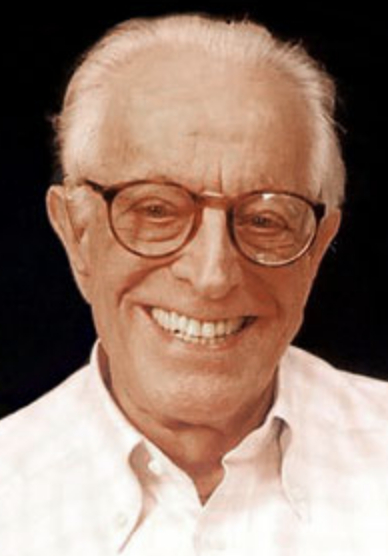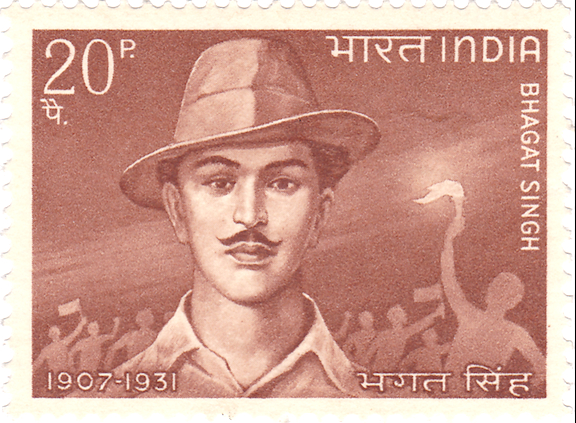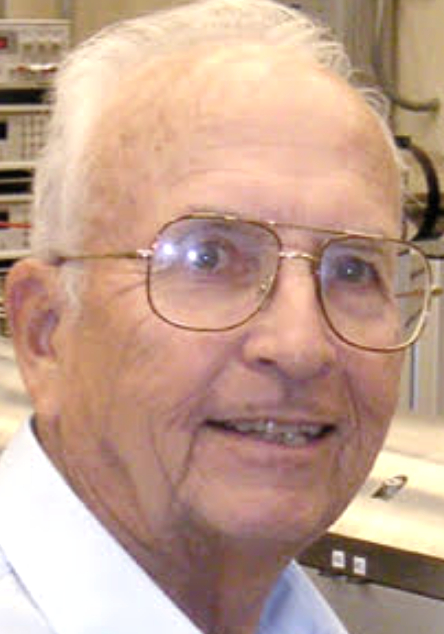On this date in 1929, scientist and inventor Robert Matthews Phillips was born in Arcadia, Calif., the fourth of five children born to Annette (Matthews) and Edward Ashley Phillips. One month later, stocks started their deep decline, ushering in the Great Depression.
His father was an economics professor at the University of Southern California, where he met Phillips’ mother, who was majoring in language and later taught high school Spanish before becoming a stay-at-home mom. Just as the Depression loomed, his father was terminated at the insistence of the alumni association for giving deservedly low grades to academically underperforming athletes, threatening their football eligibility.
The family subsisted on the proceeds from a chicken/egg ranch and an acre of land devoted to growing fruits and vegetables. “My mother was a devout Methodist and my father was a lukewarm Presbyterian,” Phillips recalled. “She would read passages from the bible to us before we went to sleep. By the tender age of 7, I was convinced that these bible passages were based on fiction.” But overall, despite the economic challenges, his childhood was quite happy.
The family’s prospects turned positive after his father went to work for the Internal Revenue Service and Phillips was able to enroll after high school at the California Institute of Technology in Pasadena. He graduated from Caltech in 1952 with a B.S. in electrical engineering and joined General Electric’s advanced engineering program in Schenectady, N.Y., where he met Helen Cascio. They married in 1957 and have three daughters: Laura, Carol and Roben. They celebrated their 65th anniversary in 2022.
Phillips had transferred to GE’s microwave lab division in Palo Alto, Calif., in 1956. He invented the ubitron a year later, a vacuum tube that was the most powerful microwave amplifier of its time. In recognition of his pioneering work, he received the Free-Electron Laser Prize in 1992.
Today’s free-electron lasers employ the same basic principle as the ubitron. They produce powerful electromagnetic radiation used to explore the dynamics of chemical bonds, understand photosynthesis, analyze how drugs bind with targets and create warm, dense matter to study how gas planets form.
His career continued with research and management positions at GE, Varian and Eimac. He started a solar products company called Solartronics in 1975 and helped develop Star Microwave in 1991. In the mid-1990s, he joined the Stanford Linear Accelerator operated by Stanford University in Menlo Park, Calif., as a researcher. He retired there in 2005.
“I love the beauty and purity of mathematics and science and marvel at the inventions and understanding that unfold as we delve into scientific research,” Phillips said.
PHOTO: Phillips in the mid-2000s; photo courtesy of the Phillips family.




